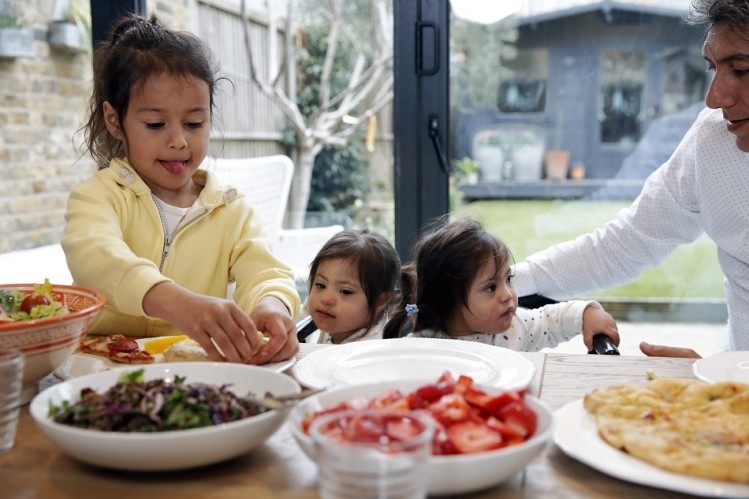The possibility that people have freedoms springs from the weakness of each and every person despite more grounded powers. Our Statement of Freedom and Constitution depend on the possibility that the motivation behind government isn’t to safeguard the tip top, nor to work with insatiability or personal responsibility nor to advance a strict gathering’s plan. Its motivation is to ensure specific basic common freedoms for all individuals including our country’s family… our young residents.
A large portion of us assume that parents have freedoms that give them selective control over their youngsters, particularly infants. In any case, the need to determine those freedoms possibly emerges when things turn out badly in families and in kid serving establishments. Sadly, the genuinely charged issue of parental freedoms emerges regularly today. Parents force state intercession when they disregard and misuse or question guardianship of their youngsters. Minors conceive an offspring. Such a large number of youngster serving organizations are overburdened and incapable to really work.
In any event, characterizing who is a parent can be convoluted. With proxy birth and manual semen injection, characterizing a mother and a dad can be muddled. By killing the vague term “normal parent” from its standards for laying out a lawful parent-kid relationship, the Uniform Parentage Act urges courts to zero in on the exact relationship a female or male has to a kid. Is the relationship of each mother and father: 1) hereditary, 2) birth (mother just), 3) utilitarian, 4) stepparent, or 5) assenting? A solitary kid could have upwards of nine distinct people lawfully perceived as a parent by adding 6) encourage, 7) step, 8) proxy and 9) sperm or egg contributor.
Parental Freedoms
On account of their commitments to their kids, parents need privileges or rights to safeguard and satisfy the basic freedoms of their youngsters. Sadly, contemporary discussion about common liberties as a rule stresses the privileges to advantages and ignores the obligations that go with those freedoms.
Before, kids have been treated as the individual property of their parents. Under Roman regulation, the patria protestas precept gave fathers life and passing control over their youngsters. Right up to the present day, the famous assumption is that youngsters have a place with their parents.
Conversely, since The Illumination of the Eighteenth 100 years, life as a parent in Western societies has been viewed as an agreement among parents and society by savants and developing lawful codes. Parents are granted privileges in return for releasing their obligations.
John Locke in the Seventeenth Hundred years and William Blackstone in the Eighteenth Century held that parental freedoms and powers emerge from their obligation to really focus on their posterity. They perceived that no general public can endure except if its kids grow up to be dependable, useful residents. Youngsters likewise reserve the option to be raised without inappropriate obstruction by the state. Taken together, these freedoms are known as the right of family honesty. Both Locke and that’s what blackstone held, in the event that a decision is constrained upon society, it is more vital to safeguard the privileges of kids than to safeguard the freedoms of grown-ups.
Each man and each lady has a characteristic and Protected right to multiply. This rule could be sensibly applied when the beginning of menarche was somewhere in the range of sixteen and eighteen. Now that menarche shows up on normal at twelve years old, we should inquire as to whether each young lady and kid has a characteristic and Established right to multiply. In the illumination of this inquiry, the requirement for cautious idea about parental freedoms as well as limitations is strengthened.





